Black Americans have poor mobility prospects – in both upwards and downward directions – as our own work and research by Bhashkar Mazumder shows. The gap results from a complex mix of factors, including neighborhood segregation (with attendant consequences for school quality), family formation, social capital, and incarceration. But there is at least one simple explanation for opportunity gaps by race: racism.
Columnist Nicholas Kristof has devoted an important series of articles to the persistence of racist attitudes. Today, the Washington Post launches a project on the contemporary use and meaning of the ‘N-word’, following attempts by the National Football League to penalize the word’s use on the playing field.
It is hard to estimate the impact of racism on black life chances – not least because racism itself is hard to define, measure and capture. As Kristof argues, racism is now less likely to take the form of openly expressed hostility and more likely to take the form of a quiet, even subconscious set of biases.
We all rely on heuristics – basic rules of thumb – to speed up many of our decisions, both trivial and consequential. As the lead character in the movie Up in the Air says: “I’m like my mother, I stereotype – it’s faster.” But heuristic stereotypes about race perpetuate the cycle of race inequality.
Jobs and Homes: Three Examples of Racism in Action
Scholarly studies have examined the role of racist attitudes in variety of ways:
- One study in New York provided fake resumes to pairs of young men – one white, one black – matched on verbal skills, interactional styles, and physical characteristics. Each pair applied for the same job. Black applicants were half as likely to receive a call back—on par with a separate group of white actors given criminal convictions.
- White and black “homebuyers” (in fact actors) were sent to 8,000 randomly selected realtors, in a 2012 experiment. Black home-seekers were told about 17% fewer homes and shown 18% fewer homes.
- Discriminatory zoning laws also arise, in part, from stereotypes. Rental units are blocked because of preconceptions about renters, and restrictions on residential mobility limit access to good schools and cripple economic mobility, as our colleague, Johnathan Rothwell, explains.
Solutions to Racism
The pervasive, “soft” discrimination based on heuristics, biases, and stereotypes is, by definition, hard to address. Affirmative action is one answer, of course – for which there is more justification when attitudes remain racially inflected. On the other hand, thoughtful opponents like Sheryll Cashin argue that it worsens the perception problem, and misses the growing divides of class.
Another approach, trialed in some European countries, is to insist on anonymous job applications, which improves success rates for black applicants. The NFL now requires teams to interview at least one minority candidate when hiring coaches and general managers which appears to have increased minority representation.
In the end, of course, this is a personal challenge as much as a political one. But one thing is clear: ridding ourselves of racial biases is a necessary precondition for real equality in America.
The Brookings Institution is committed to quality, independence, and impact.
We are supported by a diverse array of funders. In line with our values and policies, each Brookings publication represents the sole views of its author(s).

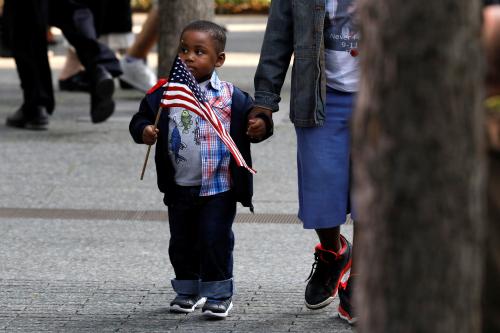
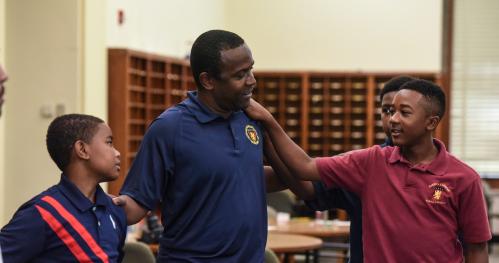
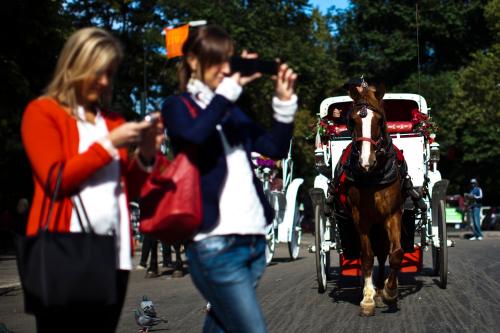
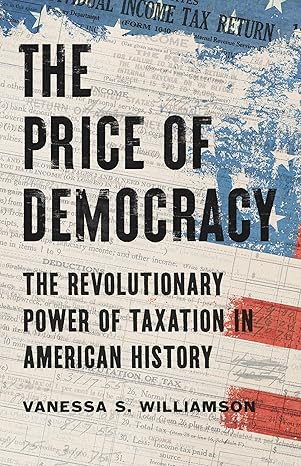

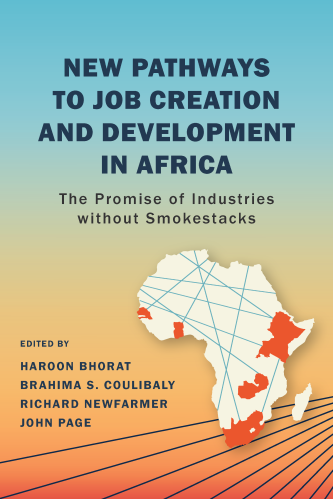





Commentary
To Grow Black Opportunity, We Have to Defeat Racism
November 10, 2014